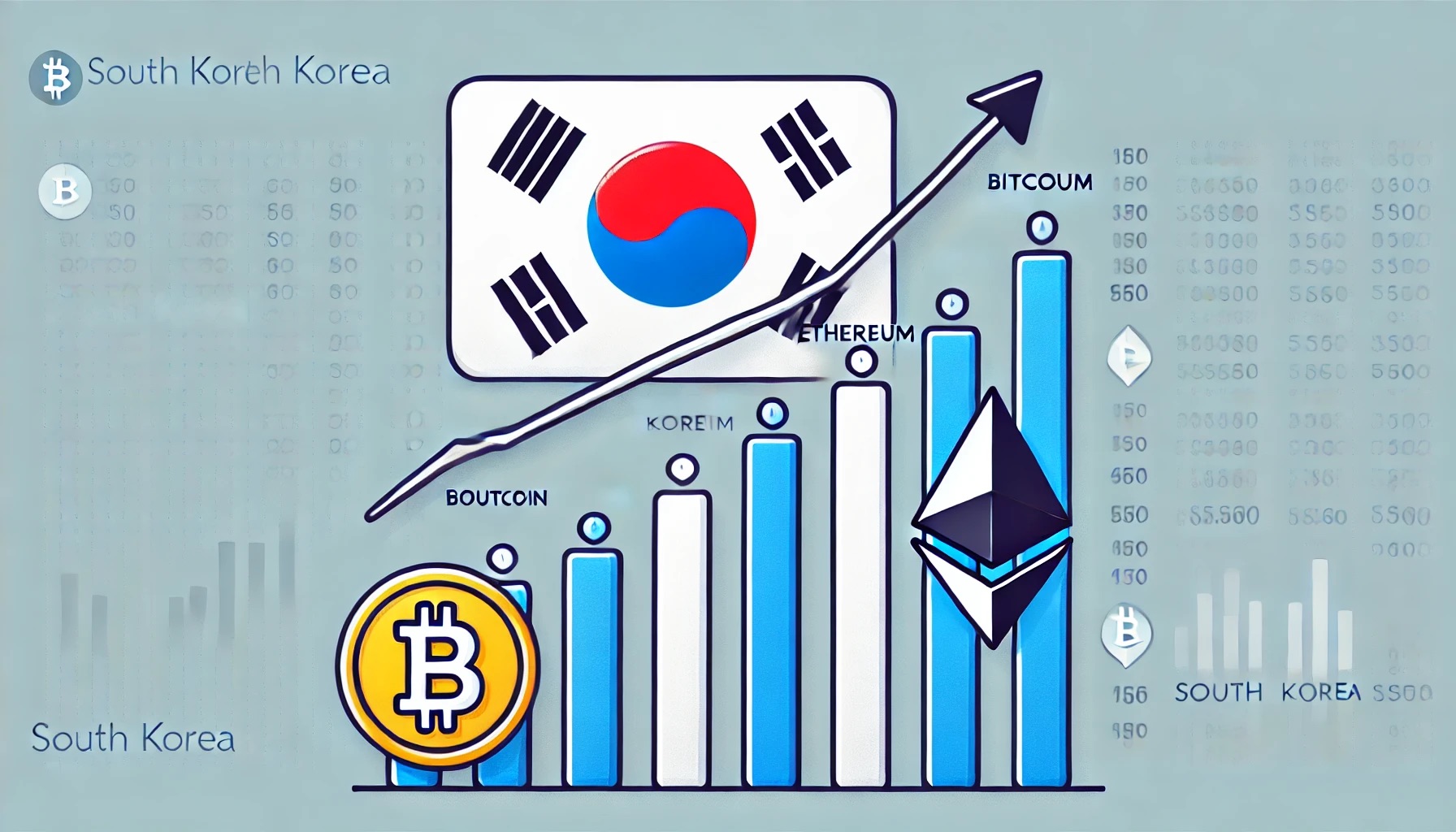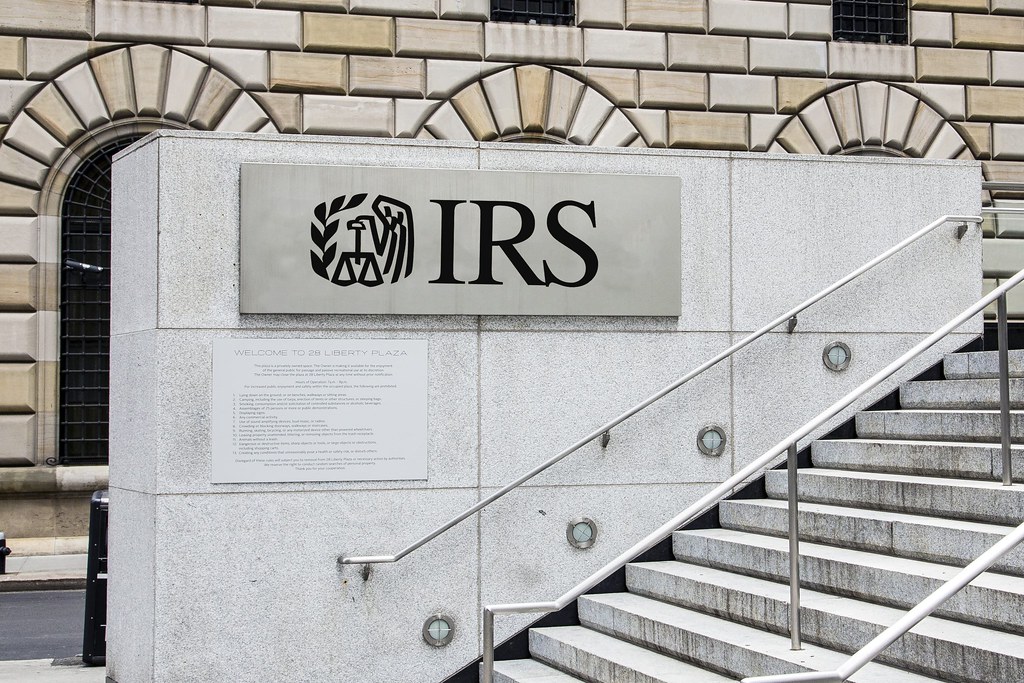In the wake of South Korea’s brief implementation of martial law, the nation’s major cryptocurrency exchanges experienced an unprecedented surge in trading volume. Over a 24-hour period, the combined spot trading volume from Upbit, Bithumb, Coinone, Korbit, and Gopax soared to $34.2 billion, setting a new all-time high, according to data from CoinMarketCap.
Unrest and Market Reaction
The drastic imposition of martial law by President Yoon Suk-yeol included restrictive measures such as banning protests and placing media under government control, which was aimed at stabilizing internal dissent and perceived threats from external forces. However, the measure lasted only six hours due to intense public and political opposition.
This political turmoil prompted a significant reaction in the crypto markets. Traders in a panic sold off their holdings, causing major cryptocurrencies like Bitcoin and Ethereum to plummet to their lowest prices in months. Some exchanges even faced temporary outages due to the spike in trading activity.
In terms of trading volumes, Upbit led the surge with a remarkable $27.25 billion in trades, followed by Bithumb with substantial activity at $6.14 billion. The other exchanges, Coinone, Korbit, and Gopax, also experienced notable volumes, though these were significantly less compared to their larger counterparts. These figures not only illustrate the individual contributions of each exchange to the overall spike but also underscore the widespread impact of the political situation on the crypto trading landscape in South Korea.
These statistics highlight the intense flurry of trading that occurred as investors responded to the unfolding political crisis, underlining the crypto market’s sensitivity to geopolitical events.
The enforcement and subsequent quick repeal of martial law had profound implications, shaking the political landscape and impacting financial markets deeply. This incident not only reflects the cryptocurrency market’s susceptibility to geopolitical events but also highlights the broader relationship between political decisions and digital asset valuations.
The market’s reaction in South Korea mirrors past behaviors observed during global crises like the COVID-19 pandemic and the Ukraine war, where significant sell-offs occurred amid growing uncertainty. These events show how quickly market conditions can change in response to global issues, affecting investor sentiment and market stability.
| Exchange | Trading Volume (24h) | Notable Price Drop |
|---|---|---|
| Upbit | $27.25 billion | Bitcoin to 88 million won |
| Bithumb | $6.14 billion | Ethereum to 4.2 million won |
| Coinone | $531 million | – |
| Korbit | $192 million | – |
| Gopax | $9 million | – |
The recent events in South Korea serve as a vivid example of how quickly the financial markets, particularly the relatively new cryptocurrency market, can react to sudden political changes. This episode serves as a poignant reminder of the fragility of investor confidence and the potential for rapid economic fallout from political actions. As digital economies continue to intertwine with traditional financial systems, the need for stable and considered governance becomes increasingly critical to maintaining market stability and investor trust.










